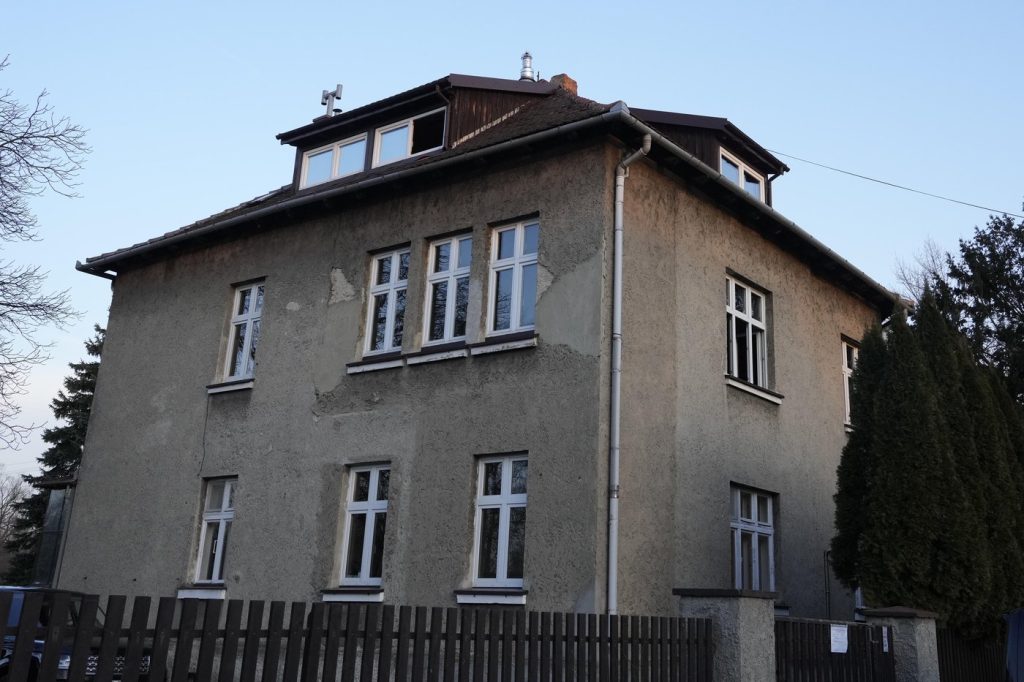OSWIECIM, Poland (AP) - On the occasion of the 80th anniversary of the liberation of Auschwitz, a U.S.-based organization is transforming the former residence of Auschwitz commandant Rudolf Hӧss into a research center aimed at combatting extremism. The initiative officially opens to the public on Monday, coinciding with the commemorative events held by the Auschwitz-Birkenau State Museum.
The house, which was occupied by a Polish military family prior to the Nazi invasion of Poland, is located adjacent to the site of the former concentration and extermination camp. Mark Wallace, the CEO of the Counter Extremism Project, expressed his aspirations for the center, stating, “My dream, and those of our colleagues, is that every visitor, every fellow, every academic that comes here takes action to fight extremism and antisemitism wherever they come from.”
Acquired from a private family, the house will now host the Auschwitz Center on Hate, Extremism, and Radicalization. Although the center opened its doors to journalists on the eve of the anniversary, many rooms within the three-story building still require renovation. The project is being executed in collaboration with the Auschwitz-Birkenau Museum and has garnered the patronage of UNESCO. The renowned architect Daniel Libeskind is also involved in the development.
The house gained notoriety as the setting for the Oscar-winning film "The Zone of Interest," which portrays the life of Hӧss, his spouse Hedwig, and their five children. Rudolf Hӧss served as the commandant of Auschwitz from 1940 to 1944, where he was responsible for the industrial-scale execution of Jews utilizing gas. After the war, he was tried by a Polish court and was executed by hanging at the Auschwitz site in 1947.
In conjunction with the anniversary observances, the Auschwitz-Birkenau State Museum will hold memorial events on Monday to remember the liberation of the camp by Soviet forces. This transformation of Hӧss's former residence into a center dedicated to combating hate and extremism is seen as critical in educating future generations to prevent the rise of similar ideologies.
The establishment of the Auschwitz Center on Hate, Extremism, and Radicalization signifies a proactive approach in the fight against extremism and aims to foster awareness and activism among visitors. Through educational programs and resources, the center hopes to encourage individuals to oppose extremist ideologies and build a more inclusive society.”










